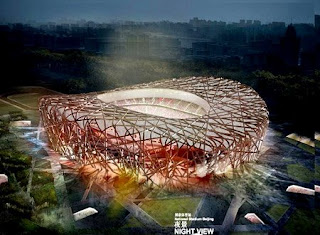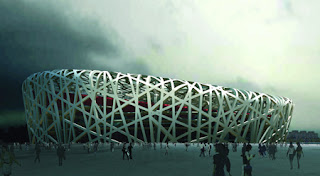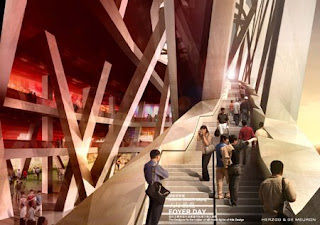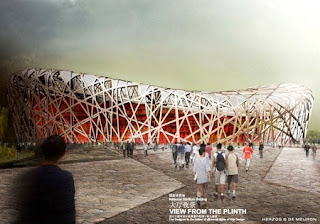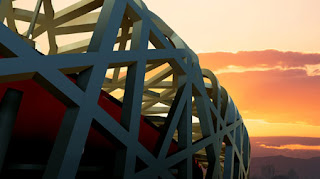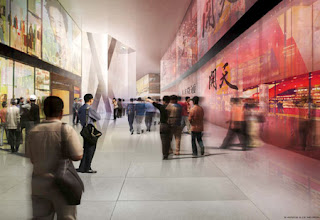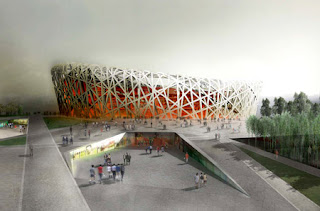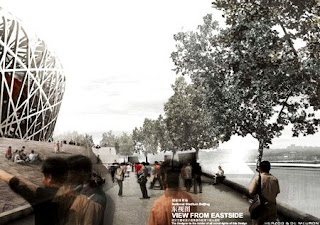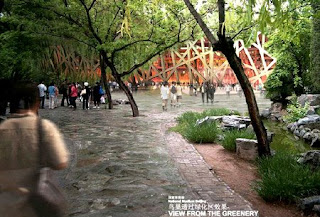Tuesday, September 2, 2008
Today's featured article
Monday, August 11, 2008
ক্যাম্পাস
Saturday, August 9, 2008
The National Stadium

Olympic events: Opening & Closing Ceremonies, Athletics, Football final
Seating: 91,000
Paralympic events: Opening and Closing ceremonies, Athletics
Olympic dates: August8, August15-24
Opening hours: Two hours prior to the start of competiton/Ceremony
Olympic Games
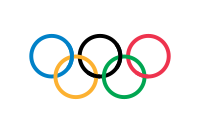
The Olympic Games[1] are an international multi-sport event. The Modern Olympic Games were inaugurated in Athens in 1896, and are held at the beginning of every Olympiad. The Games were organized as a summer sports event through 1920. In 1924 the winter games began in Chamonix, France. Until 1992, they were both held in the same year. Since then, the summer games are held during the first year of an Olympiad, the winter games during the third year.[2]
The original Olympic Games (Greek: Ολυμπιακοί Αγώνες; [Olympiakoi Agones] (help·info)) were first recorded in 776 BC in Olympia, Greece, and were celebrated until AD 393.[3] Interest in reviving the Olympic Games proper was first shown by the Greek poet and newspaper editor Panagiotis Soutsos in his poem "Dialogue of the Dead" in 1833.[4] Evangelos Zappas sponsored the first modern international Olympic festival in 1859. He paid for the refurbishment of the Panathinaiko Stadium for Games held there in 1870 and 1875.[4] This was noted in newspapers and publications around the world including the London Review, which stated that "the Olympian Games, discontinued for centuries, have recently been revived! Here is strange news indeed ... the classical games of antiquity were revived near Athens".[5]
The International Olympic Committee was founded in 1894 on the initiative of a French nobleman, Pierre Frédy, Baron de Coubertin. The IOC has become the heart of the "Olympic Movement", a conglomeration of sporting federations that are involved in the organization of the Games. As the Olympic Movement has grown so has the profile and complexity of the Games. Participation in the Games has increased to the point that nearly every nation on earth is represented. With the proliferation of satellite communications, the internet, and the continuing trend towards globalization, the Olympics are consistently gaining supporters.[6] This growth has created numerous challenges never before envisioned by Baron de Coubertin. Some of these difficulties include political boycotts, the use of performance enhancing medications, bribery of officials, and terrorism.
Despite these challenges the Olympics have continued to thrive and flourish. Each successive Games attempts to add more events in order to keep up with the ever-evolving advance of athletic expression around the world. The upcoming games in Beijing are planned to comprise 302 events in 28 sports.[7]. The most recent Winter Olympics in 2006 featured 84 events in 7 sports.[8] While the Olympic Games do continue to evolve, they also encompass many rituals that were established during their infancy in the late 19th and early 20th century. Most of these traditions are on display during the Opening and Closing ceremonies, and the medal presentations. For its part, the Olympic Movement has made considerable progress in fostering participation among as many nations as wish to compete, as well as focusing on the Olympic motto: Citius Altius Fortius - Faster, Higher, Stronger.


